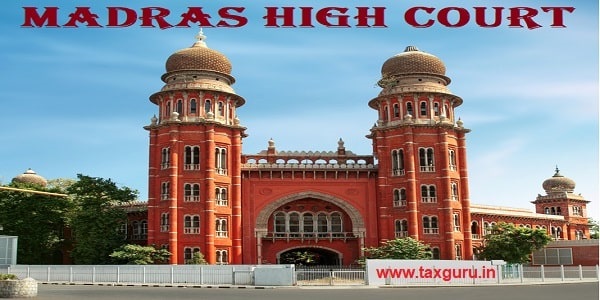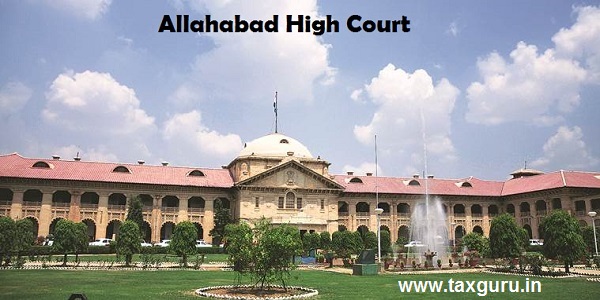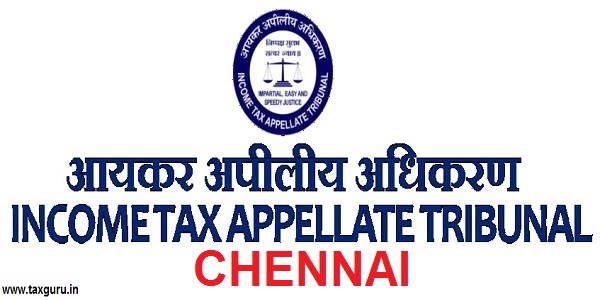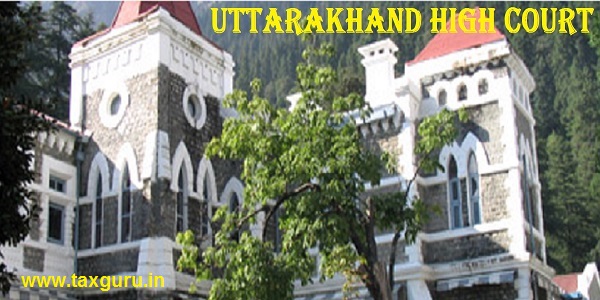Case Law Details
Supreme Court of India
Collector Land Acquisition
Vs.
Mst. Katiji & Ors.
Date of Judgment 19/02/1987
Bench: THAKKAR, M.P. (J) RAY, B.C. (J)
Citation: 1987 AIR 1353, 1987 SCR (2) 387, 1987 SCC (2) 107, JT 1987 (1) 537, 1987 SCALE (1)413
CITATOR INFO: R 1988 SC 897 (7)
ACT:
Indian Limitation Act, 1963; s.5–Condoning delay in filingappeal–Existence of ‘sufficient cause’-Determination of State seeking condonation of delay To be treated equitably.
HEADNOTE:
An appeal by the State. against a decision enhancing compensation in respect of acquisition of lands for a public purpose, raising important questions as regards principles of valuation, was dismissed by the High Court as time barred, being four days beyond time, by rejecting an application for condonation of dalay. The State appealed to this Court by special leave.Allowing the appeal,
HELD:
1.1 The expression ‘sufficient cause’ employed by the legislature in s.5 of the Indian Limitation Act, 1963 is adequately elastic to enable the Courts to do substantial justice to parties by disposing of matters on merits. [388E-F]
1.2 The State which represents the collective cause of the community does not deserve a litigant-non-grata status. The doctrine of equality before law demands that all litigants,including the State as a litigant, are accorded the same treatment and the law is administered in an equitable manner. The Courts, therefore, have to be informed with the spirit and philosophy of the provision in the course of the interpretation of the expression ‘sufficient cause’. So also the same approach has to be evidenced in its application to matters at hand with the end in view to doeven handed justice on merits in preference to the approach which scuttles a decision on merits. [390B-C]
2. In the instant case, sufficient cause exists for delay in instituting the appeal in the High Court. Delay is, therefore, condoned. The matter is remitted to the High Court for disposal on merits. [390C-D]
JUDGMENT:
CIVIL APPELLATE JURISDICTION: Civil Appeal No. 460 of 1987.
From the Judgment and Order dated 14.4. 1986 of the Jammu & and Kashmir High Court in Civil 1st Appeal No. 54 of 1985.
Altar Anjad, Adv. General and S.K. Bhattacharya for the Appellants.
S.M. Aquil and Shakeel Ahmed for the Respondents. The Order of the Court was delivered by THAKKAR, J. To condone, or not to condone, is not the only question. Whether or not to apply the same standard in applying the “sufficient cause” test to all the litigants regardless of their personality in the said context is another.
An appeal preferred by the State of Jammu & Kashmir arising out of a decision enhancing compensation in respect of acquisition of lands for a public purpose to the extent of nearly 14 lakhs rupees by making an upward revision of the order of 800% (from Rs. 1000 per kanal to Rs.8000 per kanal) which also raised important questions as regards principles of valuation was dismissed as time barred being 4 days beyond time by rejecting an application for condonation of delay. Hence this appeal by special leave. The legislature has conferred the power to condone delay by enacting Section 51 of the Indian Limitation Act of 1963 in order to enable the Courts to do substantial justice to parties by disposing of matters on ‘merits’. The expression “sufficient cause” employed by the legislature is adequately elastic to enable the courts to apply the law in a meaning- ful manner which subserves the ends of justice–that being the life-purpose for the existence of the institution of Courts. It is common knowledge that this Court has been making a justifiably liberal approach in matters instituted in this Court. But the message does not appear to have percolated down to all the other Courts in the hierarchy. And such a liberal approach is adopted on principle as it is realized that:-
“Any appeal or any application, other than an application under any of the provisions of Order XXI of the Code of Civil Procedure, 1908. may be admitted after the prescribed period if the appellant or the applicant satisfies the court that he had sufficient cause for not preferring the appeal or making the application within such period.”
1. Ordinarily a litigant does not stand to benefit by lodging an appeal late.
2. Refusing to condone delay can result in a meritorious matter being thrown out at the very threshold and cause of justice being defeated. As against this when delay is con- doned the highest that can happen is that a cause would be decided on merits after hearing the parties.
3. “Every day’s delay must be explained” does not mean that a pedantic approach should be made. Why not every hour’s delay, every second’s delay? The doctrine must be applied in a rational common sense pragmatic manner.
4. When substantial justice and technical considerations are pitted against each other, cause of substantial justice deserves to be preferred for the other side cannot claim to have vested right in injustice being done because of a non-deliberate delay.
5. There is no presumption that delay is occasioned deliberately, or on account of culpable negligence, or on account of mala fides. A litigant does not stand to benefit by resorting to delay. In fact he runs a serious risk.
6. It must be grasped that judiciary is respected not on account of its power to legalize injustice on technical grounds but because it is capable of removing injustice and is expected to do so.
Making a justice-oriented approach from this perspective, there was sufficient cause for condoning the delay in the institution of the appeal. The fact that it was the ‘State’ which was seeking condonation and not a private party was altogether irrelevant. The doctrine of equality before law demands that all litigants, including the State as a liti- gant, are accorded the same treatment and the law is admin- istered in an even handed manner. There is no warrant for according a stepmotherly treatment when the ‘State’ is the applicant praying for condonation of delay. In fact experi- ence shows that on account of an impersonal machinary (no one in charge of the matter is directly hit or hurt by the judgment sought to be subjected to appeal) and the inherited bureaucratic methodology imbued with the note-mak- ing, file pushing, and passing-on-the-buck ethos, delay on its part is less difficult to understand though more diffi- cult to approve. In any event, the State which represents the collective cause of the community, does not deserve a litigant-non-grata status. The Courts therefore have to be informed with the spirit and philosophy of the provision in the course of the interpretation of the expression “suffi- cient cause”. So also the same approach has to be evidenced in its application to matters at hand with the end in view to do even handed justice on mertis in preference to the approach which scuttles a decision on merits. Turning to the facts of the matter giving rise to the present appeal, we are satisfied that sufficient cause exists for the delay. The order of the High Court dismissing the appeal before it as time barred, is therefore. set aside. Delay is condoned. And the matter is remitted to the High Court. The High Court will now dispose of the appeal on merits after affording reasonable opportunity of hearing to both the sides. Appeal is allowed accordingly. No costs.




























This reminds me my own case of Ratnamani Engineering Limited with Hon. Criminal Court. I put on record with the explaining the reason for delay . This Judgment is of Hon. Supreme Court of India. Orally in court , I was only one person , Hon. Judge stating that this citation is of Land Acquisition case?? Not applicable in this case!!!???. What is what and where are working and going ahead ????!!!!
I have put this on record of Hon. High Court Chief Justice Gujarat and also with Hon. Supreme Court of India New Delhi to look in to the matter!!!!!
Tis is for info. I know the behind curtain and all you will appreciate.
I know this is applicable where Injustice is provided and ” The Matter Should be heard properly and decided the matter on Merits only”
It can not be rejected.
in other way Appeal, appeal and appeals till you die …..